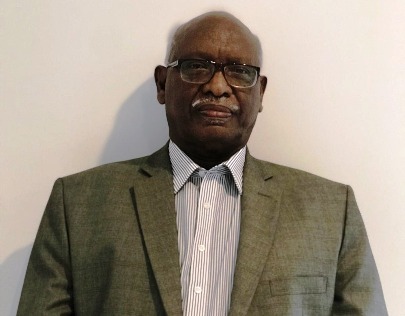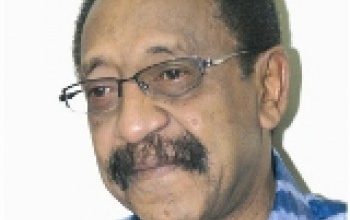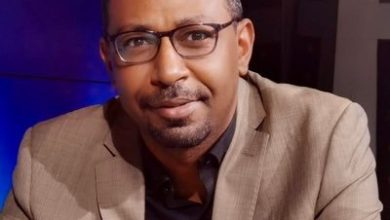Exiting the Crisis and Post-War Thoughts

By: Zain Al-Abidin Saleh Abdel Rahman
The process of exiting the crisis that led to the war requires initiatives and ideas that can break through the crisis by adopting a convincing path for the political street and changing the power dynamics. These initiatives should provide detailed visions and ideas, not just the slogans that most political forces have become accustomed to, which only highlight the incompetence of their cadres and the absence of intellectual work. This incompetence has led some, especially those merely aspiring for power, to adopt fearmongering policies. Some say that continuing the war will lead to a civil war, but what is happening now if not a war that has struck unarmed civilians in their homes, displacing them from their regions?
This incompetence is evident in the reliance on foreign entities, using the scare tactic of “Islamists and remnants,” which exposes the intellectual shallowness in the political arena. One of the absurdities of political leadership is when it justifies its failure by claiming that “Islamists and remnants” hindered their performance and then demands their exclusion from any future political process. Who enforces such restrictions internally, and if it’s meant for external parties, what do we call this request? The question remains: if these forces, as you claim, ousted you from power, how have you failed to exclude them from any political project? Some claim that they reject them and will lead a revolution post-war to isolate them—does this not demonstrate the political leadership’s incompetence?
All political forces know that the war will impose new conditions on the political scene, altering the power dynamics for new forces that emerge from the conflict. The political leadership across all parties, whether they participated in the transitional period or not, are collectively responsible for the deepening crisis and must voluntarily step down if they truly seek solutions to the Sudanese crisis.
The military institution has decided that the way out of the crisis is to continue the war until the militia is completely eradicated. A large sector of the Sudanese people supports this decision, as seen through the broad acceptance of the youth’s call to mobilize and their involvement in the popular resistance. This is further evidenced by the warm receptions military leaders receive in the areas they visit. Meanwhile, some political forces are raising the slogan “No to War” and advocating for negotiations with the aim of reintegrating the militia into the political scene so they can follow in its shadow. This vision has moved nothing and offers no insight beyond partisan or personal ambitions, thus confining their activities to external actors.
One of their latest projects is trying to convince foreign parties to send military forces to Sudan. They asked U.S. envoy Tom Perriello to deploy African Union forces to protect civilians. These political forces have tied their continuity to the survival of the militia; if the militia falls, they themselves will be outside the circle of history.
There are also other political forces merely observing the war and the political process without playing any influential role. They are simply waiting for the war to end, after which they will praise the military’s stance to ensure their participation in future governance. This highlights the miserable state of many political organizations. Despite their outcry that the army will dominate the political process, any active force will fill the void left by the political forces. The war has clearly exposed the weakness and fragility of political parties, which stems from the lack of strong leadership and their failure to attract new generations who possess better conflict management and thinking abilities.
The ongoing war in the country will mark a clear boundary between pre-war and post-war Sudan, which will bring forth new leaderships born from the battlefields and the bloodshed that has mingled in defense of an independent Sudan, free from foreign agendas. These new leaders will shape the future of Sudan by injecting ideas into the political scene, not just slogans for chanting. Under their banner, the constitutional conference will convene, opening the door to political dialogue for all without preconditions. The only condition will be the absence of foreign involvement. This political dialogue will lay the foundation for a permanent constitution to be presented for public referendum. Building on the reality is the way out of the crisis, while attempts to twist the truth and engage in political manipulation have been overtaken by events, as they rely on shortsightedness and a failure to comprehend societal changes.
The political parties with broad social bases (Unionists, Umma, Islamists, Communists) need to undergo intellectual revisions to clarify their stance on democracy and practice it themselves. Indeed, they require significant changes to become qualified to play a major role in ensuring political stability in the country. If some leaders persist in following the old approach, their role will diminish even further than it has today. May God grant us clarity of vision.



